Last week, the US Department of Commerce released a statement in which it announced new tariffs on Canadian plane imports. The description “Duty Determination on Imports of 100- to 150-Seat Large Civil Aircraft From Canada“ will sound oddly specific to most readers, but very familiar to people interested in civil aviation. One-hundred to 150-seat Canadian aircrafts are currently being produced by Bombardier — rivalling Boeing and Airbus on the U.S. market.
The American airline Delta, which has ordered 75 of Bombardier’s C-Series jets, will not be able to purchase the aircraft if the US tariff of 220 percent would be imposed. Delta has claimed that Boeing does not produce a comparable aircraft, which is why they decided in favour of the Canadian competitor.
It is notable that the imposition of this tariff could bring the Canadian producer into major financial difficulty, as it would triple the price of the C-series and endanger thousands of Canadian jobs. This also includes the UK’s Northern Irish region around Belfast, which produces the wings for the planes, which has lead British Prime Minister Theresa May to hint at a possible trade with with the U.S. over aircraft production.
Canadian Prime Minister Justin Trudeau denounced “Boeing’s protectionist and baseless measures,” saying the Canadian government does not want to “do business with a company that is attacking us and wants to lay off tens of thousands of people.”
The U.S. government is clearly taking sides in the competition between major companies, and is making trade relations difficult with its closest partners. Both Canada and the UK will be majorly important in the establishment of mutually beneficial trading relationships, especially once Britain leaves the European Union.
Ruling in favour of crippling tariffs doesn’t reflect well on the Trump administration, as it neglects both the political and market consequences of the decision.
The participation of Bombardier on the market is a major asset for price competition and pushing for innovation. The U.S. has dominated the world economy because it was able to trade competitively and with innovative products. If the administration leaves aircraft productions in the hand of one company, then it lifts the burden of the search for the competitive advantage of the shoulders of this firm.
From a consumer position, barring Bombardier from the market can lead to higher costs, as airlines will either have to buy aircrafts it doesn’t want for the price one company has dictated or not buy a plane at all. As competition is being reduced, the choices for the consumer shrink simultaneously.
In an era of cheap aviation, the U.S. should support competitive and innovative markets, not dwell in the nostalgia of past technological achievements. American companies and consumers alike will profit from more, not less free trade.
Bill Wirtz is a political commentator currently based in France. Originally from Luxembourg, he writes columns about politics in Germany, France, and the U.K., as well as about policy emerging from the European Union. His articles have been published by Newsweek, The American Conservative, the Washington Examiner, and the Mises Institute. He is a Young Voices Advocate, a regular contributor for Rare Media and the Foundation for Economic Education, and works as a Policy Analyst for the Consumer Choice Center. To read more of his reports — Click Here Now.
Bill Wirtz



